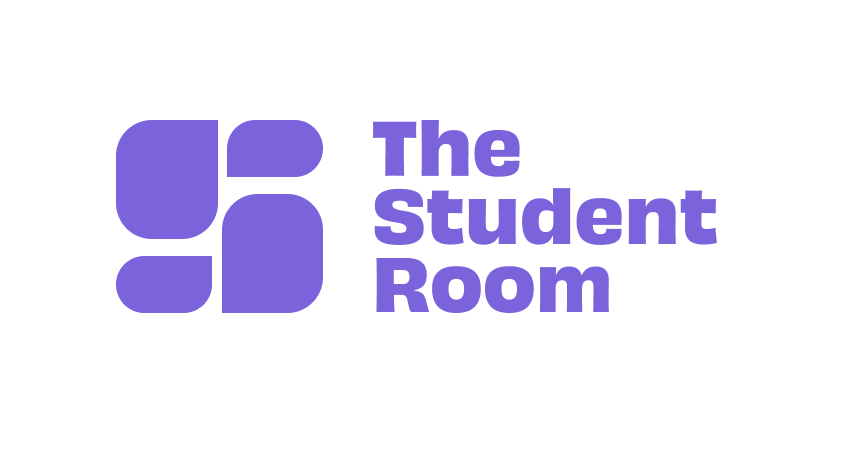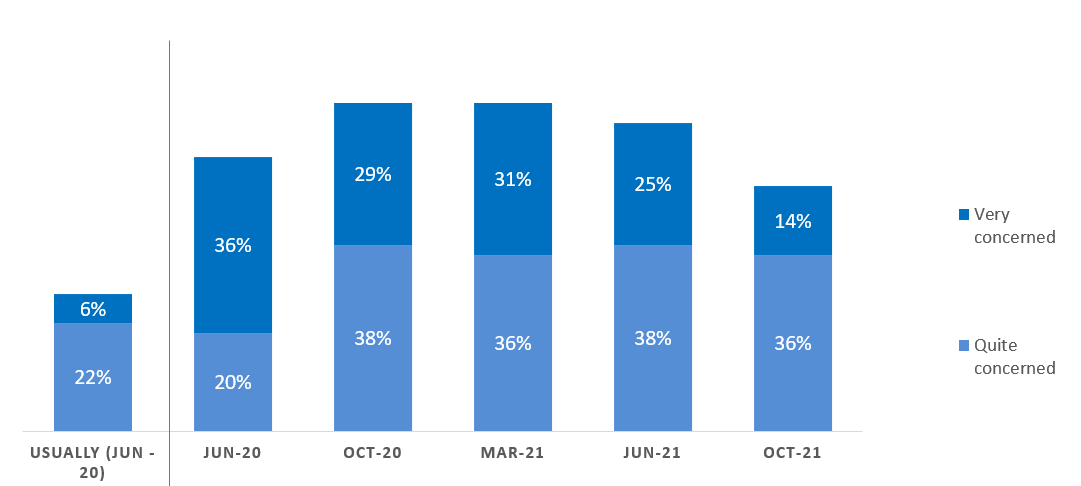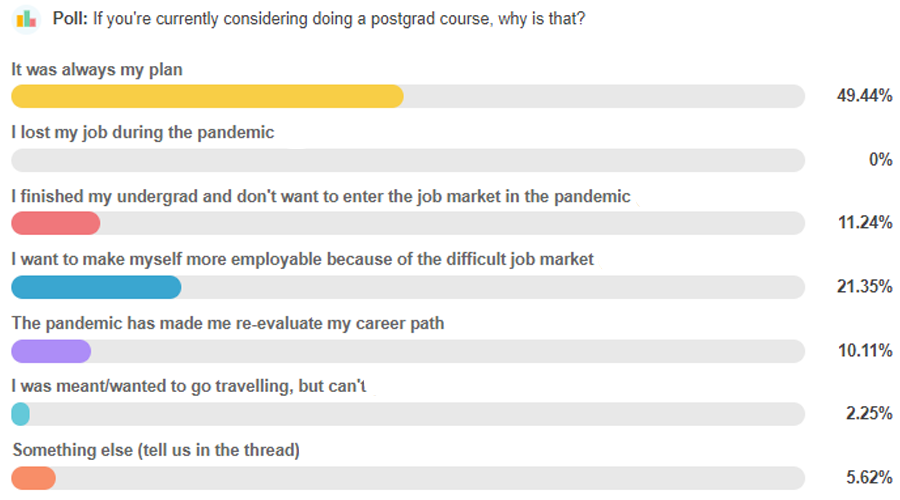Last year, we predicted that the pandemic would cause a spike in postgraduate numbers for the 2020/21 cycle, before returning to trend when the economic situation improves. Indeed, domestic postgraduate taught numbers increased by 16%, significantly above the usual growth trend. So will this continue?
This latest blog will look at the current landscape for postgraduate recruitment, covering global and domestic influences, when to promote postgraduate campaigns or events, why students are considering postgraduate study, key trends and why funding is still a key barrier for prospective students.
Global and domestic influences on postgraduate recruitment
We have pointed to economic and labour market stability as key factors which impact postgraduate recruitment numbers. A weak economy can be good news for postgraduate recruitment.
In March 2022, the UK has ended covid-19 restrictions, travel is opening up again and the job market has been on a recovering trend. Things seem to be improving but, as the cost of the pandemic still has to be paid for, our economy is far from out of the woods. Having said this, if the job market continues to strengthen, we could see postgraduate numbers contract as more twenty-somethings feel confident enough to enter the workplace and take up graduate opportunities.
Savvy postgraduate recruiters should therefore emphasise the competitive advantage that postgraduate qualifications deliver in terms of long-term career outcomes.
Our research shows that employability is becoming increasingly important to students when making choices about their education. In response to our October TSR Asks survey, 71% of 2022/2023 entry undergraduates said they selected their subjects with a future career in mind.
“I am an international Student and I’ve been offered MSc in Supply Chain Management…Please help me to choose the university [with regards to] future employability. Also, kindly support the help with my other requirements like Cost of living and availability of part-time jobs.”
We’ve been tracking how confident young people feel about getting a job since the start of the pandemic with our Navigating Changing Options research:
The proportion of 2022 entry applicants who were ‘quite concerned’ or ‘very concerned’ about getting a job after they graduate
Q: Now thinking about the current situation, how concerned were/are you about getting a job after you graduate/ finish your studies? (Usually/At the moment) 5 point scale
( June 2020 Base: 1407 Year 11s, October 2020 3 Base: 533 2022 entry, March 2021 Base: 666 2022 entry, June 2021 Base 580 2022 entry, October 2021 Base 416 2022 entry)

International students
In terms of the international market, Brexit may still play a role. Since 2016/17, the number of postgraduate students from the EU has remained flat, while there has been sustained growth in numbers from non-EU countries over the same period. More deterrents for EU citizens have recently come into effect – they no longer have access to domestic fees for postgraduate study, they require a visa to study in the UK and it is not guaranteed they will be able to stay and work in the UK after they qualify (though the new Graduate route visas do offer international students who have been awarded degrees the chance to stay and seek work for up to three years).
In addition to this, the situation in Ukraine has created further uncertainty in Europe. It remains to be seen what the impact will be on the UK and globally – for example, gas and house prices, a potential refugee crisis, and the risk of further conflict. However, it is probably too early to predict whether this will affect postgraduate recruitment (both for domestic and international students).
When are students making decisions about postgraduate applications?
Students are actively researching postgraduate options throughout the year, but there are times when the level of interest is significantly higher. That time is now.
Pageviews for postgraduate forums on The Student Room:

Here we can see huge spikes in traffic to our postgraduate forums between January and April (with March being the peak month).
If you are planning postgraduate campaigns or open days, this is the key window to maximise your exposure to an engaged applicant audience.
Why are students interested in postgraduate study?
We asked students who are currently considering studying for a postgraduate qualification to share their motivations:
Nearly half of the respondents said it was always their plan and around a third wanted to improve their employability or delay entering a difficult job market:
(Data taken: 3 March 2022)
We ran the same poll in 2021 when only 38% of respondents said that postgraduate study was always their plan.
In the 2020/21 cycle, with the country still in lockdown, factors relating to covid-19 had a greater impact. 8% said losing their job in the pandemic was the reason, and 7% said they had planned to travel but couldn’t.
Key postgraduate trends – demographics and course choices
The demographic of visitors to our postgraduate applications forum on The Student Room gives a good indication of who to target with postgraduate campaigns:
Age/Education Level (member pageviews)
- 50% – Aged 25+
- 33% – Aged 22 – 24
- 10% – 3rd year university
- 7% – Year 13 to 2nd year university
Top 5 regions – UK only (estimated unique users)
- 34% – London
- 11% – South East England
- 9% – North West England
- 8% – West Midlands
- 7% – East of England (Scotland is also 7%)
Top 5 countries other than the UK (estimated unique users)
- United States
- India
- Hong Kong
- Canada
- Germany
Gender trends in postgraduate recruitment
We also looked at the gender divide for postgraduate study (only male and female in this case as the numbers for other genders were less than 1%). Overall, more women are taking postgraduate qualifications, but interestingly, traffic to our postgraduate applications forum shows a much more even split:

This suggests that there are plenty of males out there who are thinking about postgraduate study, but just not converting. On the one hand, universities could focus on females who are easier to convert, on the other hand, there is a real opportunity to come up with new engagement strategies to convert males.
In terms of subjects, the top ten postgraduate subject areas in the 2020/21 cycle were:
- 23% – Business and management (12% male, 11% female)
- 13% – Subjects allied to medicine (10% female, 3% male)
- 11% – Education and teaching(8% female, 3% male)
- 10% – Social sciences (6% female, 3% male)
- 6% – Computing (4% male, 2% female)
- 6% – Law (4% female, 2% male)
- 5% – Engineering and technology (4% male, 1% female)
- 4% – Psychology (3% female, 1% male)
- 4% – Design and creative and performing arts (3% female, 1% male)
- 3% – Architecture, building and planning (2% male, 1% female)
(HESA: All postgraduate taught, CAH L1, 2020/21. Figures rounded to nearest 1%)
Though the most popular subjects (Business and management) show an even gender split, many of the STEM subjects were male-dominated, while Health, Education, Creative and Social subjects were female-dominated. Understanding these trends can be useful when planning subject-specific campaigns.
Subject trends on The Student Room
Last year, we talked about a surge in interest in health-related fields. On The Student Room we saw significant growth in these forums: Medicine, Dentistry, Biological and Life Sciences, Psychology, Healthcare, Pharmacy, Nursing and Midwifery, Veterinary Medicine, Social work, Physiotherapy and Occupational Therapy, Optometry, and Physics, Chemistry and Natural sciences.
This February, these university subject forums were the most popular (pageviews on The Student Room):
- Law
- Medicine
- Dentistry
- Veterinary Medicine
- Healthcare
- Pharmacy
- Computer Science
- Engineering
- Art and Design
- Performing arts and music
- Biological and life science
- Physiotherapy and Occupational therapy
- Psychology
- Economics and PPE
- Architecture, building and planning
We were also seeing significant year-on-year growth in Law and Optometry.

Funding postgraduate study
Even before the pandemic, the cost of postgraduate study was a barrier for many students. 26% of students we polled in January 2020 said it was too expensive.
This is a range of recent comments from students talking about the cost of postgraduate study:
“the fees are high and PG student finance is only £11k and that’s supposed to cover tuition and maintenance apparently, so short of getting a full scholarship, which few places seem to offer to home students I am going to need a fair bit of money to fund it, which I aim to have by 2023”
“before it all started I wanted to do a postgrad at somewhere like GSA in theatre production but since the pandemic I now just want to get out of education and work in the industry… I think I’ll now save the remainder of the money I would’ve spent on postgrad and put it into savings since the industry isn’t exactly the most secure with work.”
One option for students is to study alongside work so that they can earn while they learn. This student plans to do a Masters part-time, while earning a full-time salary:
“I already have a PGCE, and I am planning to apply for a masters in the next year or so (though i would be studying it part-time whilst working full-time as a teacher).My view on gaining postgrad qualifications hasn’t really changed tbh.I’m quite open to the idea of doing a PhD of some sort in the future too.”
HESA data shows that 39% of the postgraduate taught numbers for the 2020/21 cycle were studying part-time (for those studying a Masters, the figure was slightly lower at 32%).
It’s a really good idea to help prospective postgraduates understand the financial realities they will face. Current postgraduate students are an invaluable resource here because they can share their own experiences, challenges and strategies to help future cohorts.
Key takeaways
- Postgraduate numbers tend to do well in times of uncertainty or economic instability
- Emphasise employment outcomes
- Plan core postgraduate activity to go live between January and April (you can make postgraduate campaign enquiries here)
- Read our best practice tips for engaging with prospective postgraduates using Official Reps
- Help students to understand how they can get funding for their studies and if there is any support available
Sign up to our mailing list for more insights like this.
If you have any questions about students or boosting your postgraduate recruitment, here’s how you can get in touch with our team:
0800 999 3222
hello@thestudentroom.com
Sources
Higher Education Statistics Agency: Who’s in HE?
Office for National Statistics: Labour Market overview, UK: January 2022
Navigating Changing Options report: “The impact of coronavirus on 2021 and 2022 UK undergraduate decision-making”
Google analytics, The Student Room



